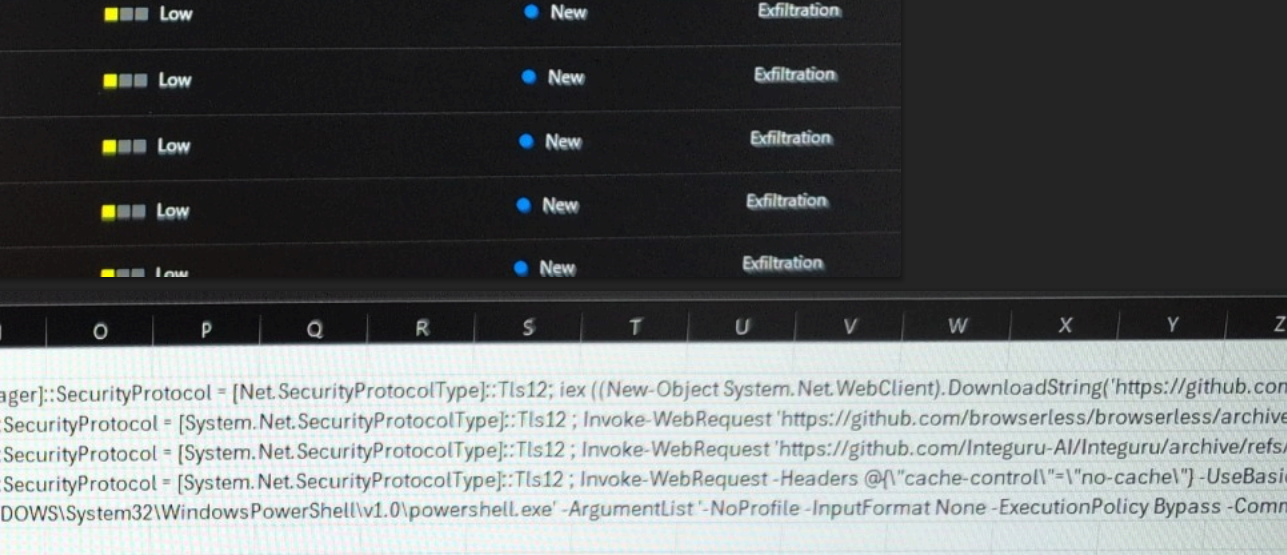We kick off our final week with Tip #10…Beware of Holiday Scams!
Scammers work year-round, but prey on the increase of online payments and web usage during the holidays. Being scammed can often mean losing money that can’t be recovered—and more seriously, having your identity stolen. It’s a devastating and time-consuming misfortune to experience.
Here are 3 of the most common scams to look out for this season:
- Gift Card Scam
Common gift card scams include scammers telling people to pay a fee with a gift card to avoid being in trouble with the government or pretending to be a family member or friend who needs the funds for a specific store. Keep in mind, whenever someone demands to be paid with a gift card, it’s a scam. - Charity Scam
Taking place online or over the phone, scammers will rush people into making a donation, or trick them by thanking them for a donation they never paid for and then asking for payment. They will also use vague and sentimental claims while asking for a donation, but won’t detail how they’ll donate your money. Always research any charity before you donate and never give money by gift card, cryptocurrency or wire transfer.
- Package Delivery Scam
Millions of Americans turned to online shopping during the pandemic. Most of us are used to tracking our packages online or through text messages—new habits which scammers are using to their advantage. Beware of delivery notification scam calls and texts. These text messages and calls look like they’re from a legitimate mail or package courier, such as the U.S. Postal Service, and include a fake tracking link. The link will lead you to a website to enter personal information, or it will install malware, a software designed to gain unauthorized access, on your phone or computer. The malware will then start stealing your information.
Another fun video, courtesy of our friends at The Cybersecurity and Infrastructure Security Agency (CISA).





